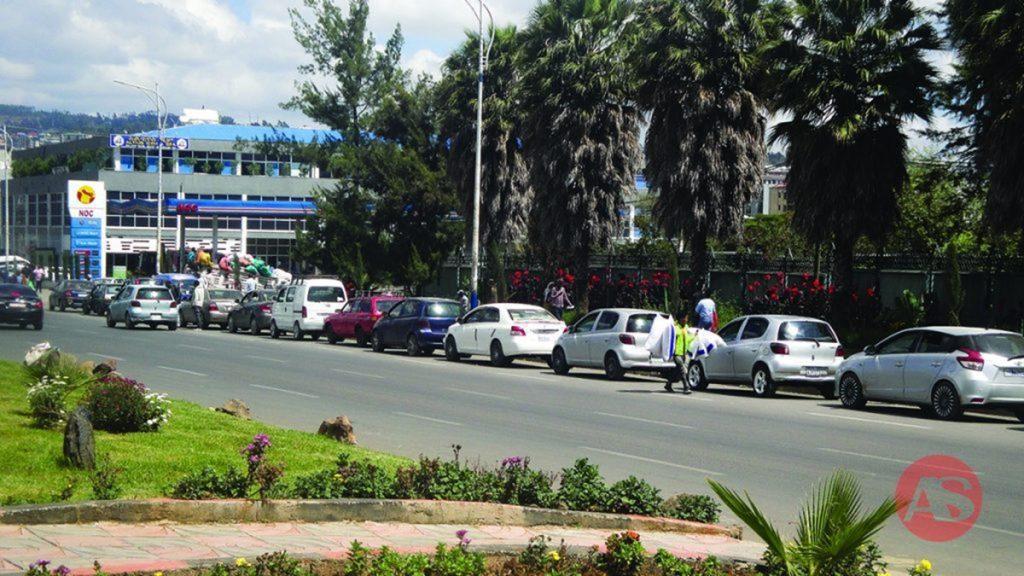Africa-Press – Ethiopia. Ministry of Trade and Regional Integration of the Federal Democratic Republic of Ethiopia has announced yet another round of fuel price adjustments, effective 8 May, 2025. The new rates, communicated through a circular to fuel distribution companies, mark a continued upward trend in fuel prices that has gripped the country over recent months.
Under the latest revision, the retail price for regular gasoline has surged to 122.53 birr per liter, while white diesel and kerosene will now cost 116.49 birr per liter each. These adjustments represent some of the highest prices recorded in the country to date and come less than three months after the last hike in March.
In contrast, the aviation and heavy industry sectors received a measure of relief. The price of aviation fuel has decreased from 113.20 birr to 109.56 birr per liter, while both categories of black diesel have also seen reductions. Heavy black diesel will now be sold at 104.08 birr, down from 106.75 birr, and light black diesel has dropped to 106.77 birr, from the previous 109.22 birr per liter.
Despite these selective price drops, the impact of the continued hikes in consumer fuels is expected to ripple across the economy. Previous increases have driven up transportation costs and placed additional strain on household spending, particularly among low-income groups.
The recent hike follows a string of steep increases in recent months. In March 2025, gasoil prices jumped by 11% to 112.67 birr per liter, while diesel and kerosene climbed to 107.93 birr, a 9% rise.
In January, Addis Standard reported that gasoil prices had crossed the 100-birr threshold, hitting 101.47 birr, an 11.5% increase at the time.
Government officials have defended the adjustments, citing rising global oil prices and the continued need for subsidies. Addressing parliament just days before the January hike, Prime Minister Abiy Ahmed claimed that the government spends around 28 birr per liter to subsidize fuel, with global market prices now at around 129 birr per liter. According to the Prime Minister, Ethiopia has already allocated 72 billion birr in fuel subsidies and continues to support essential goods to ease the cost of living.
Nevertheless, the fuel crisis shows no signs of abating. Severe shortages have plagued multiple regions, driving consumers to the black market where prices have soared. In the Afar region, Bajaj drivers report being unable to purchase gasoline from official stations for nearly a year, resorting instead to black-market sources charging up to 300 birr per liter. Similar scenes are unfolding in Adama City in Oromia, and Hawassa, the capital of Sidama Regional State.
In the Amhara region, the situation reached such critical levels late last year that the regional government introduced a weekly fuel quota. Cities like Bahir Dar, Gondar, and Debre Birhan faced shortages so severe that black-market fuel was reportedly sold at 225 birr per liter.
While the Ministry maintains that the adjustments are part of regular quarterly reviews, the frequency and magnitude of recent price changes, coupled with persistent shortages, have left many questioning the sustainability of current fuel policies.
As Ethiopia grapples with the dual pressures of rising prices and limited supply, the broader economic and social consequences of this ongoing fuel crisis remain a growing concern.
For More News And Analysis About Ethiopia Follow Africa-Press






